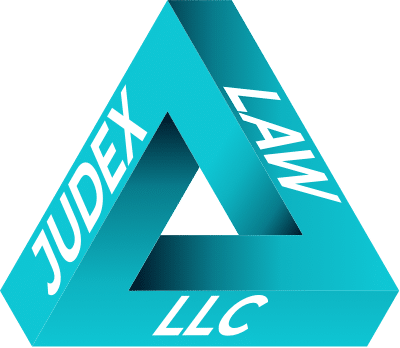Making the decision to launch a new business is often exhilarating and empowering. However, it’s also natural to feel slightly overwhelmed by the sheer volume of tasks you need to complete before getting your business up and running. For instance, if you are opening a physical location for your business, you will need to find a commercial property that best suits your needs and figure out whether the lease agreement is reasonable. Although it may be tempting to launch your business as quickly as possible and address issues as they arise, cutting corners can lead to contentious and costly legal battles down the road and potentially threaten the viability of your business later on. If you are considering forming a new business in Colorado, it’s important to discuss your vision and explore your options with an experienced and trusted business law attorney who will safeguard your best interests at every opportunity. It can be difficult for many new business owners to separate business formation myths from reality. This post will help you debunk some common misconceptions about the business formation process and provide you with the tools and information you need to build your company with confidence.
Myth 1: Business Structures Don’t Really Matter
As someone who is interested in starting a new business, you may have heard the terms LLC or corporation tossed around. While it may not seem as if the structure of your business matters all that much, the truth is that the type of business entity you select will have several lasting effects. Regardless of the size of your business, it’s critical that you take the time to understand and evaluate the potential benefits and limitations of each business structure before you choose the one that best suits your needs and supports your goals. For example, someone who plans on running the entire business themselves may select a sole proprietorship at first glance. However, exploring the nuances of this entity may prompt them to reconsider this decision and restructure their business as a limited liability company (LLC), which shields them from personal liability in the event of a legal dispute. Before you choose a business structure, consider discussing the implications of each option with your Colorado business formation lawyer so you can make a more informed decision with greater certainty and confidence.
Myth 2: Using Generic Business Contracts is Fine
Businesses rely on legal contracts to operate smoothly and efficiently. Contracts should clearly identify the roles and responsibilities of all parties involved in the running of the business. For instance, employee contracts inform your company’s workers of their responsibilities and rights in the event of a disagreement, while contracts with your manufacturer or distributor set forth the terms of your business relationship. Although it may be tempting to use the cost-effective contracts or templates that are available online, these contracts are often too broad and generic to protect you and your business fully. Relying on an overly broad business contract leaves you vulnerable in the event of a legal dispute, as the vague language in the contract may be insufficient to justify your position. It’s worth working with a seasoned Colorado business lawyer to draft and review customized contracts that support and protect your interests as much as possible. Should a legal dispute arise in the future, you can feel more confident in the strength of your contracts to defend your point of view.
Myth 3: You Need a Perfect Business Plan Before Moving Forward
When an idea for a new business arrives, many people assume that they must put together a comprehensive and extremely detailed business plan before they can take any other steps to launch the company. Although having a vision is essential to your success, don’t let the daunting task of spending months (or even years) thinking through every detail and potential path prevent you from moving forward. Far too many entrepreneurs take too long working on the perfect business plan when there is no way to predict exactly how the ever-changing economy or financial climate will impact your business. Instead of toiling over a flawless business plan, create a basic business plan that addresses the core aspects and measurable goals of your business while leaving room for adjustments along the way.
Myth 4: You Only Need a Lawyer When Something Goes Wrong
Another common misconception in the business world is that attorneys are only useful when a dispute arises. While it’s critical to have reliable legal representation to help defend your business in a lawsuit or other litigation matter, there are many other ways that a business attorney can support your business long before a dispute arises. Many new business owners find it comforting and empowering to work with a business formation attorney in the early stages of the launching process, as their legal professional can provide them with the information and strategies they need to enjoy a stable foundation as they move forward. In fact, when you invest in a business lawyer to help you create strong contracts, select the most appropriate business structure, plan for dispute resolution should the need arise, and think through any other long-term considerations that may impact the success of your business, you can minimize the potential for needing litigation or arbitration later on. Fostering an ongoing relationship with a dedicated and friendly Colorado business lawyer allows you to feel supported and safeguarded at every stage of your business journey. In many cases, simply knowing that you can turn to your business lawyer for anything can give you the peace of mind you need to focus on what matters most—nurturing and growing your business in the weeks, months, and years ahead.
Are you thinking about starting a new business in Colorado? If so, working with a dedicated and friendly Colorado business law attorney is the best way to set your enterprise up for success. Call Judex Law, LLC, today at (303) 523-4022 to get started with a skilled and knowledgeable business formation lawyer.

